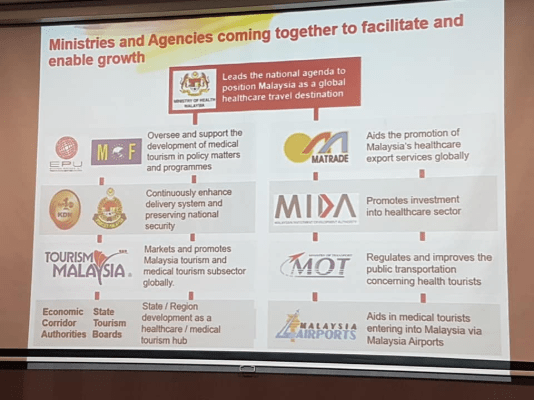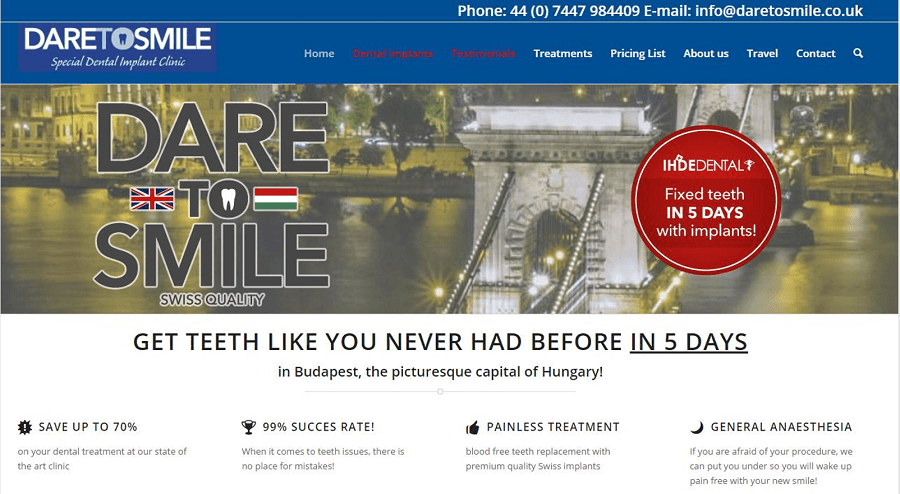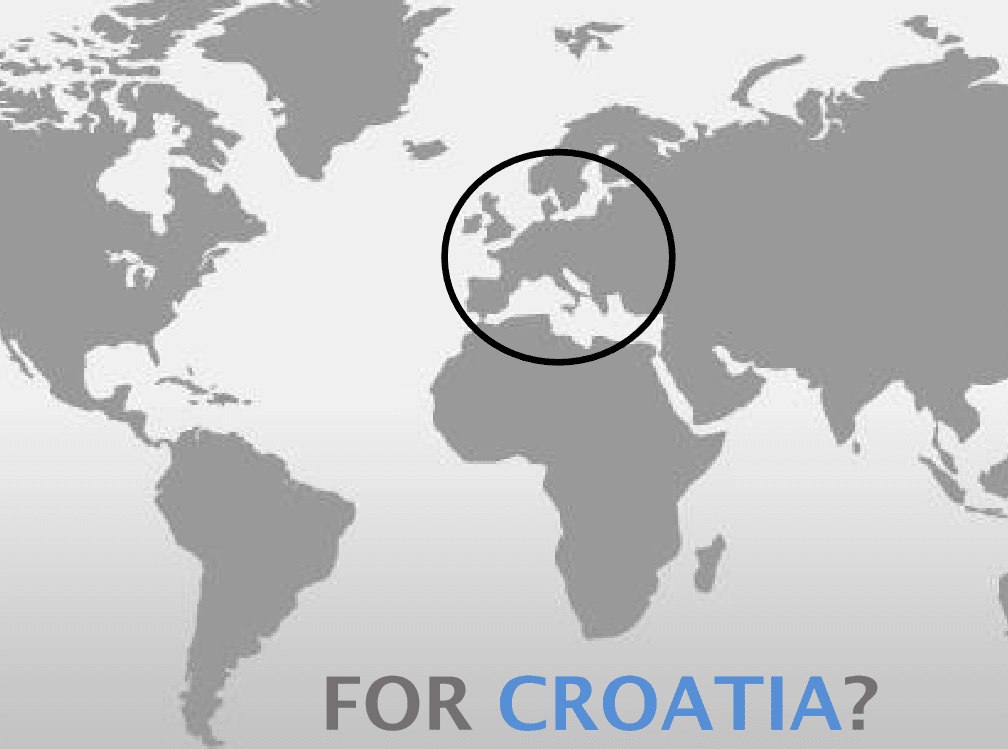Croatian Health Tourism: Interview with IMTJ Editor Keith Pollard in Crikvenica
November 10, 2018 - TCN meets Keith Pollard, Editor in Chief of International Medical Travel Journal on the potential for Croatian health tourism at CIHT 2018 in Crikvenica.
Among the many high-quality Croatian and international expert speakers at this year's Crikvenica International Health Tourism conference was Keith Pollard, Editor in Chief of the most influential media in the health tourism industry, the International Medical Travel Journal (IMTJ). TCN caught up with Keith to talk a little about Croatian health tourism potential after his thought-provoking presentation at the conference - Developing a Medical Travel Strategy for a Hospital or Clinic.
Give us a little advice on Croatian health tourism. Who do we look to for best practices, and where can Croatia realistically compete on the market?
Let me start by saying that there is massive hype around this sector. Massive. Everyone thinks they can do medical tourism, but if you are looking for one place to learn from, study Malaysia.
Malaysia without a doubt is the country which has got it together. We have the IMTJ awards and Malaysia has won Destination of the Year three out of four times. They have managed, somehow, perhaps because of the culture, to get all the bodies and stakeholders together. I have been there and been through the process, and it is real.
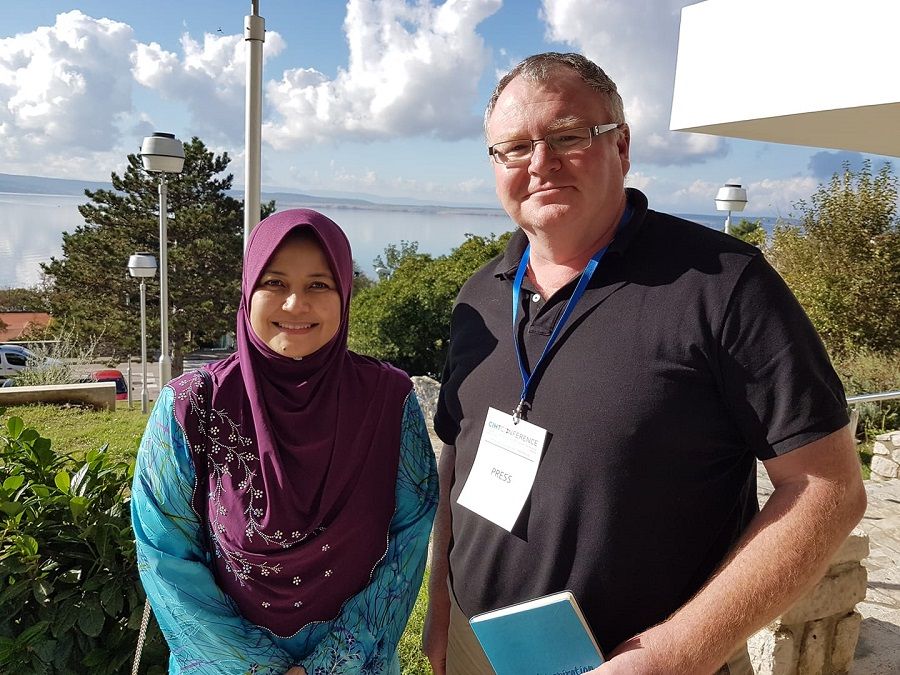
You come off the plane, and the lady is waiting with your name to greet you. Sherene (Azli, CEO of Malaysia Healthcare Travel Council, above, also a speaker at the conference) has I think 35 staff, and they have put a real investment into the process. And you can see it is working. The other thing Malaysia does well is to measure any kind of result. They do it because the government says they have to provide the data. Dubai also does it because it is also required.
Croatia does not have anything like this. In many ways, Croatia is like Spain, which is a similar destination in many ways. There, the government threw some money at it, but it was not measured and ineffective. What made the difference was is the individual guys running the clinics. That is what has driven their medical tourism business. You have entrepreneurs who have a sensible marketing, a business brain, and they see the opportunity and do a great job marketing it. Croatia has a little of that entrepreneurial businessman coming through, with Bagatin Clinic the most prominent. Ognjen Bagatin is one of the most entrepreneurial people in this country.
(How the Malaysians do it - codename UNITY)
Croatia could learn from the way that Hungary developed its dental tourism business. Basically, it was seven clinics which came together. It was not the government which did anything. Those seven came together and formed the Association of Hungarian Dental Clinics, and they set some standards in terms of what their members would offer international patients. And now Hungary has a very good patient experience.
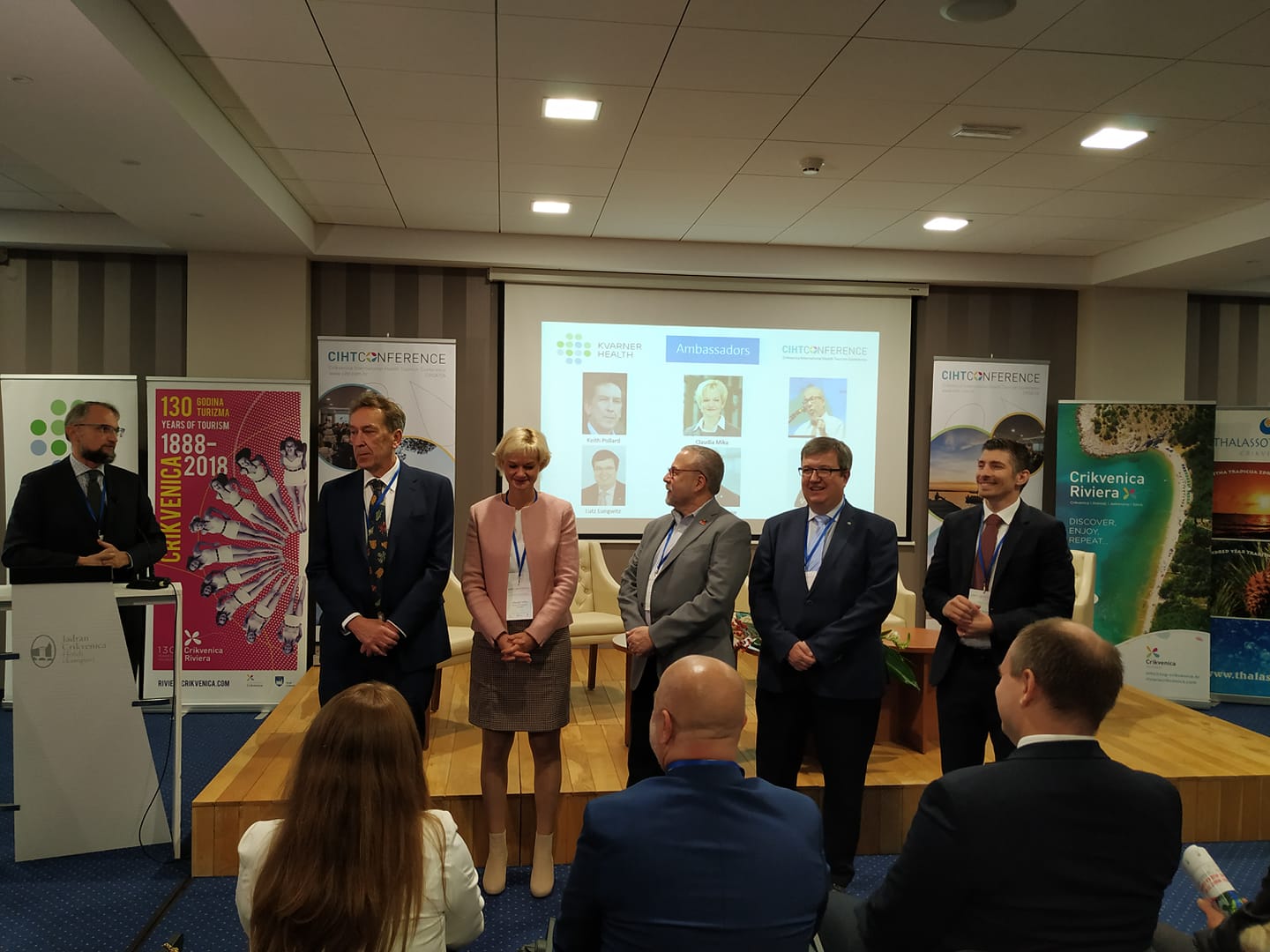
(IMTJ's Keith Pollard was one of six ambassasors of CIHT who were recognised by the Kvarner Health Cluster at the opening of the conference)
The patient has a warm welcome at the airport, the hotels are set up for dental patients, with special menus. More than half the occupancy of some hotels is due to patients going to these seven clinics. Getting a bunch of like-minded business people together who see the potential is what started things off.
You go to somewhere like Creative Dental in Budapest, which is one of the best models, and you have a 7-storey, purpose built property, 15 dentists, a laboratory, internet café on the roof. And all along the wall, details of all the international media they have received. It is hugely impressive.
What is the difference in quality between Croatian and Hungarian dental care?
I don’t think there is really. Hungary did very well in the UK if you go back 10-15 years when there was a real shortage of dentists, and it went to two countries to find dentists – Hungary and Poland. The NHS hired hundreds of dental workers, and so this certainly helped Hungary, as UK patients were used to Hungarian dental professionals.
How much of a hindrance is it for Croatia has so few low-cost flights, compared with somewhere like Budapest?
I always fly BA, so it is not a problem, but for the budget airline market, yes, Zagreb is missing out. Wizzair, easyJet – it does make a big difference.
Croatia has 18 million tourists a year. If just 1% of those can do get their teeth or eyes done on holiday, that would be 180,000 patients a year.
I wouldn’t do it while they are on holiday though. I can’t understand why Croatia doesn’t market its health tourism better. Data is key, and you have all the data on all these tourists. You have 4 million a month in peak season, and then it drops to 300,000 a month in January, which is why everywhere is shut in winter.
You have this captive market of tourists who love Croatia, who probably never even think of getting their teeth done in Croatia. There is no connection in their minds between Croatia the summer destination and Croatia as an affordable quality healthcare solution. Crikvenica is beautiful today in November. Get the tourists back for healthcare out of season.
You have this positive, captive consumer. You don’t even have to sell to that many – get them to come back in February.
Where is Croatia going to be on the medical tourism map in 10 years?
It COULD – if it really got its act together – it could take 25% of the Hungarian dental tourism business, if it got together and did things properly. I don’t see why not. I come here a lot. I like Croatia very much.
How big is the Hungarian dental market?
I don’t know exactly, but I know of one clinic dealing with 800 patients with average spend of 5,000 euro a month, for example. I also know how much they spend on marketing. But that is just one of the big clinics. Go and do the maths. How much does he spend on Adwords each month? A lot. And they target very well – one of his biggest markets is Finland, for example. Finns, Brits, Irish, Germans and other Scandinavians. And the way they market in Finland is very different. They will sponsor concerts in various target cities and get their name out that way. Very impressive.
****
Lots of lessons to be learned in Crikvenica, and many thanks to Keith for his time. A country of excellence to learn from – Malaysia. A market to learn from and compete with much closer to home – dental tourism in Budapest.
To follow our coverage of health tourism in Croatia, click here.

